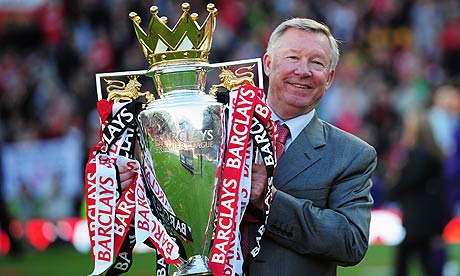With the extraordinary events in SW19 this week, one senses the
end of an era. This is not to say that Federer is finished, or that Rafa’s
career is on the downward slide. They are still competitors and I would be
unsurprised if they added to their trophy hauls. The indicator that things have
changed at the top of the men’s game is this: the final we want to see in any
given tournament (on a purely unpatriotic, non-partisan, neutral level) no longer
involves Federer or Nadal. We want to see Djokovic vs Murray. In short, the tennis
world seems to be changing, and it is perhaps time to reflect upon the era
which seems to have drawn to a close.
Of late, John McEnroe has been talking of his era – what he
calls the era of “Personalities”, about which Martin Amis has written so vehemently.
At any rate, the era of Connors, McEnroe and Borg was a time of rock stars. Connors
was a maverick who screamed rock-and-roll; Borg could have easily been in ABBA,
and McEnroe, whiny, self-involved but brilliant, would have been very
successful as an Art Garfunkel impersonator.
If that was the tone of the era between the 70s and 80s,
then what we have just experienced has been nothing short of classical,
symphonic delight. First there was Federer, who was Mozart, effortlessly
producing super-human works of artistry and driving Andy Roddick (his Salieri)
to distraction. Then came Beethoven, in the form of Rafael Nadal – brutish, bold,
loud, brilliant, and almost certainly doomed to have his career hampered by a
debilitating injury. His comeback this year from injury to win 43 of his 45
matches, and claim an historic 8th French Open crown had something
of the 9th Symphony about it – joyous, magnificent, and created in
defiance of his body failing him.
The antidote to all of this is the violence and bombast of a
Wagner - a man whose work is brutal and often stirring, and carries on at
tremendous length. Enter Novak Djokovic, the Serb whose abilities in defence
are unbelievable. I have seen players hit a ball that has forced Djokovic into
full stretch on his backhand just to return it, leaving his opponent, the court
at his mercy, to send the ball to the same extreme on the opposite side, and
Djokovic gets it back every time. Watching Djokovic play tennis is like
watching Mike Hussey bat. You begin to lose any belief that you can get
anything past him, and then, as your frustration is reaching fever pitch, he unleashes
a violent blast that scorches its way past you.
This leaves us with Andy Murray. 2012 was his breakthrough
year, but he has not yet really found his tone as a champion. A second Grand
Slam title will see a character more clearly develop, but he seems to have
something of Dvorak about him. Thrilling and strong, he shows flashes of Wagner’s
fire and brimstone, but tempers it with an edge of elegant splendour.
Murray and Djokovic have hitherto been defined
by Federer and Nadal’s pre-existing rivalry. It seems that Federer’s star is
waning and, regrettably, Nadal is going to struggle with injuries. The next era
is going to be defined by Djokovic and Murray. One wonders how they will be
changed by what will follow them.


